Deputy Prime Minister Le Minh Khai has just signed Decision 182/QD-TTg dated February 20, 2024 approving the Project " Vietnam Farmers' Association participates in developing collective economy in agriculture until 2030" (Project).
 |
| Illustration |
The general objective of the Project is to enhance the role and effectiveness of the Farmers' Association's participation in the development of collective economy in agriculture; to arouse the spirit of cooperation, entrepreneurship, and creativity of members and farmers; to attract more and more members, farmers, individuals, and organizations to participate in the development of collective economy in agriculture; to contribute to improving the income and quality of life of members and households, to fulfill their social roles and responsibilities, and to develop sustainably.
Specific goals by 2025: consulting and supporting the establishment of at least 250 new cooperatives and 1,500 cooperative groups in agriculture ; consolidating and improving the quality and operational efficiency of at least 750 agricultural cooperatives mobilized, guided and supported by the Farmers' Association at all levels.
Attract 5% more farmer households to participate in collective economic organizations in agriculture.
Support at least 10% of professional Farmers' Association branches and professional Farmers' Association groups to develop into agricultural cooperatives and cooperative groups.
At least 30% of agricultural cooperatives established with support from the Farmers' Association participate in production and business linkages with enterprises and other economic organizations; 25% of agricultural cooperatives are supported to access credit sources.
100% of Farmers' Association officials at all levels working to support the development of collective economy are trained to improve their knowledge and skills in propaganda, mobilization, consultation, and support for farmers in developing collective economy; at least 70% of key officials of agricultural cooperatives established with the support of Farmers' Association are trained to improve their management, professional, and technical skills.
Key tasks and solutions
The key tasks and solutions of the Project are to inform, propagate, train, foster awareness raising, mobilize, attract members and farmers to actively participate in developing collective economy in agriculture; consolidate and improve the quality and efficiency of agricultural cooperatives and groups established by the Farmers' Association.
In addition, consulting, guiding, and supporting members and farmers to establish and develop agricultural cooperatives and groups, expand the number of participants; improve the quality of human resources of collective economic organizations in agriculture supported by the Farmers' Association.
Improve the quality of direction, management and participation in supporting the development of collective economy in agriculture of Farmers' Associations at all levels; strengthen international cooperation in the development of collective economy in agriculture of Farmers' Associations.
Including consulting and supporting founders in establishing new ones, expanding the number of members participating in cooperatives and agricultural cooperatives.
Encourage, mobilize and guide good farming households and excellent farmers to become the core and nucleus of establishing agricultural cooperatives and groups.
Develop professional Farmers' Association branches and professional Farmers' Association groups into cooperatives and cooperatives; promote the establishment of Farmers' Association branches and groups in agricultural cooperatives.
Support cooperatives and agricultural cooperatives to participate in production and business linkages, establish enterprises within cooperatives, contribute capital to enterprises according to the provisions of law to develop production; form a network of typical cooperatives and agricultural cooperatives supported by the Farmers' Association.
Support credit capital for professional farmers' associations, professional farmers' associations, cooperatives and agricultural cooperatives.
Developing and replicating effective agricultural cooperative and cooperative models associated with production linkages along value chains, applying high technology, digital transformation, developing green, organic, circular agriculture, and adapting to climate change.
Organize and coordinate with relevant ministries and agencies in training, fostering, and vocational training to improve the quality of human resources of cooperatives and agricultural cooperatives; focus on training and fostering good farmers in production and business, and excellent farmers to become directors of agricultural cooperatives.
Enhancing skills and expertise in digital transformation for agricultural cooperatives and groups.
Transferring science and technology to members and farmers who are members of cooperatives, agricultural cooperatives, professional farmers' associations, and professional farmers' associations.
Source


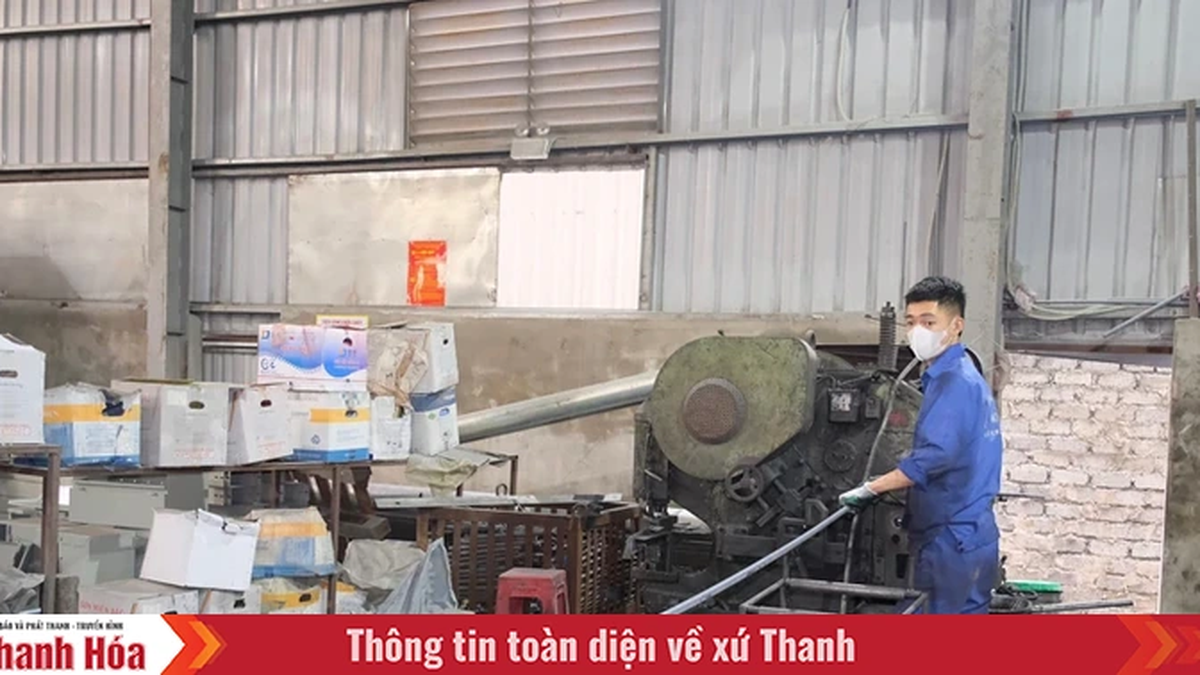

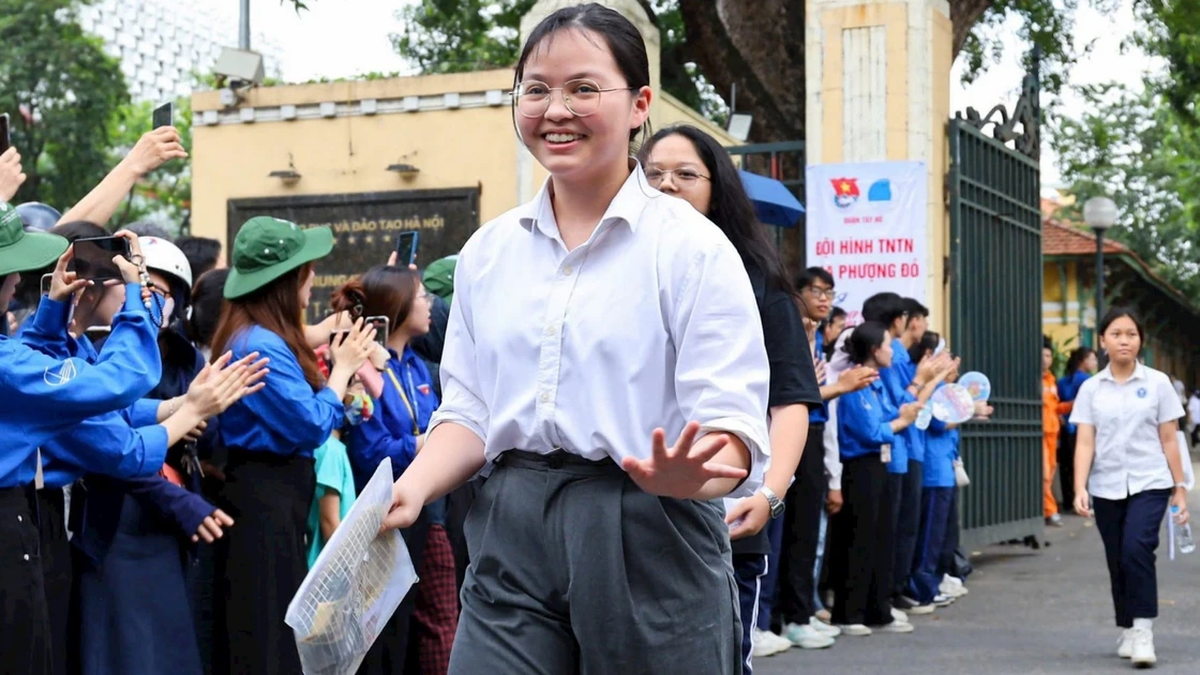

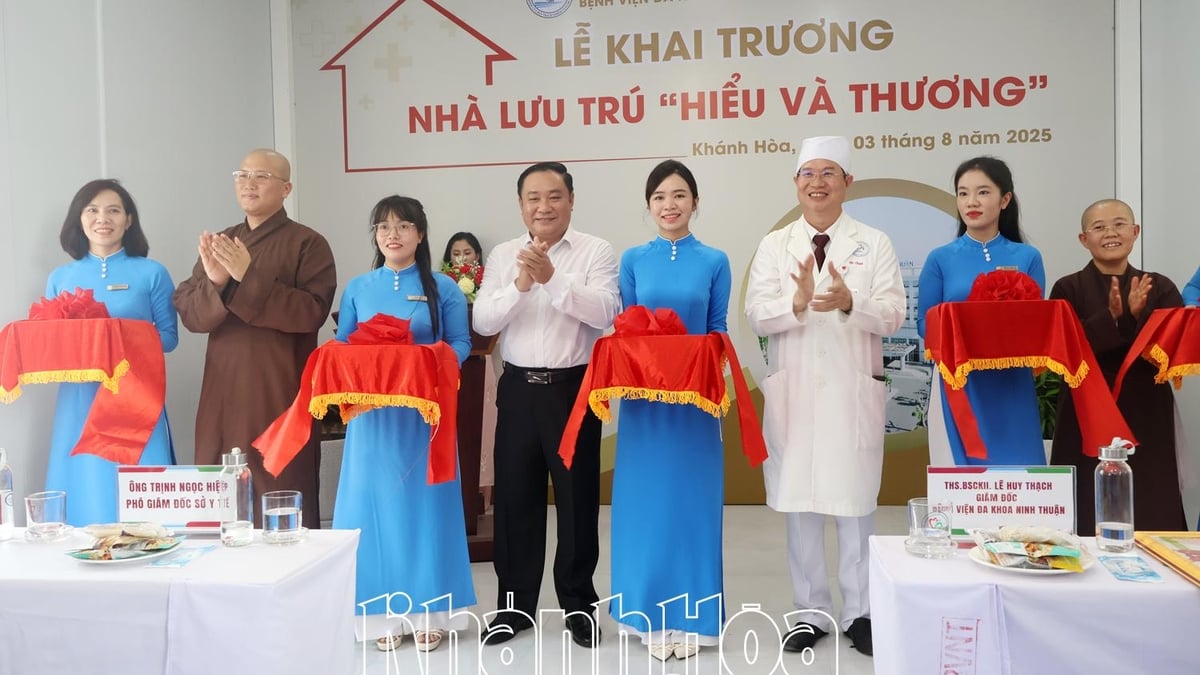
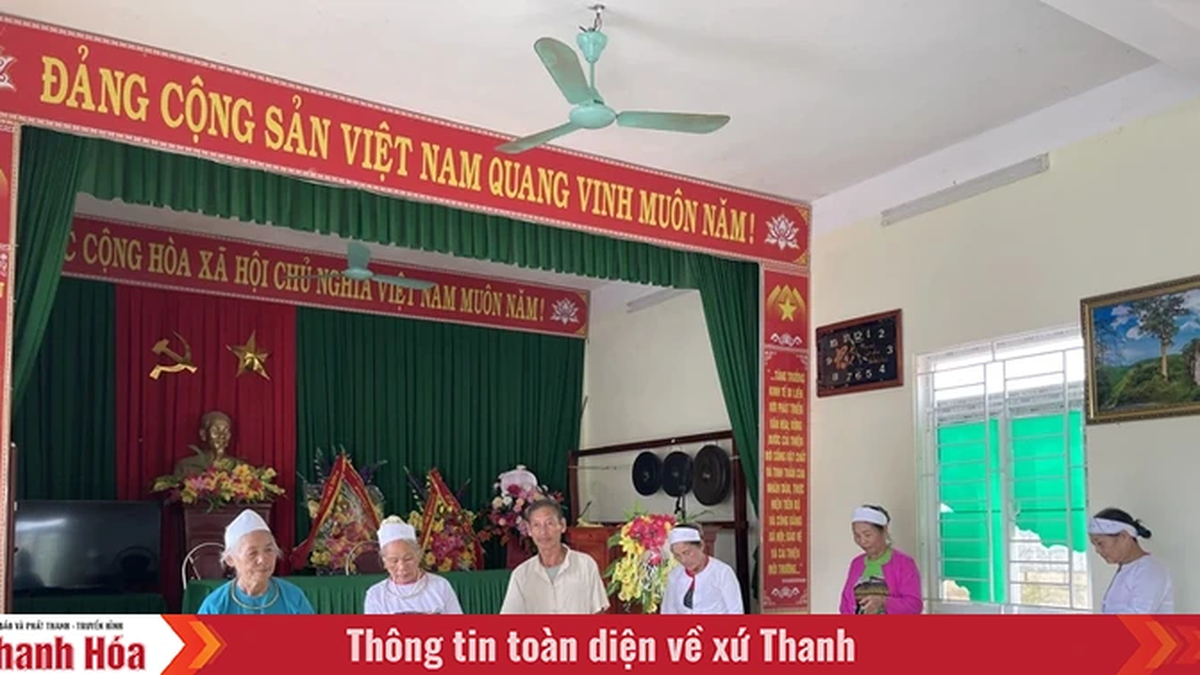
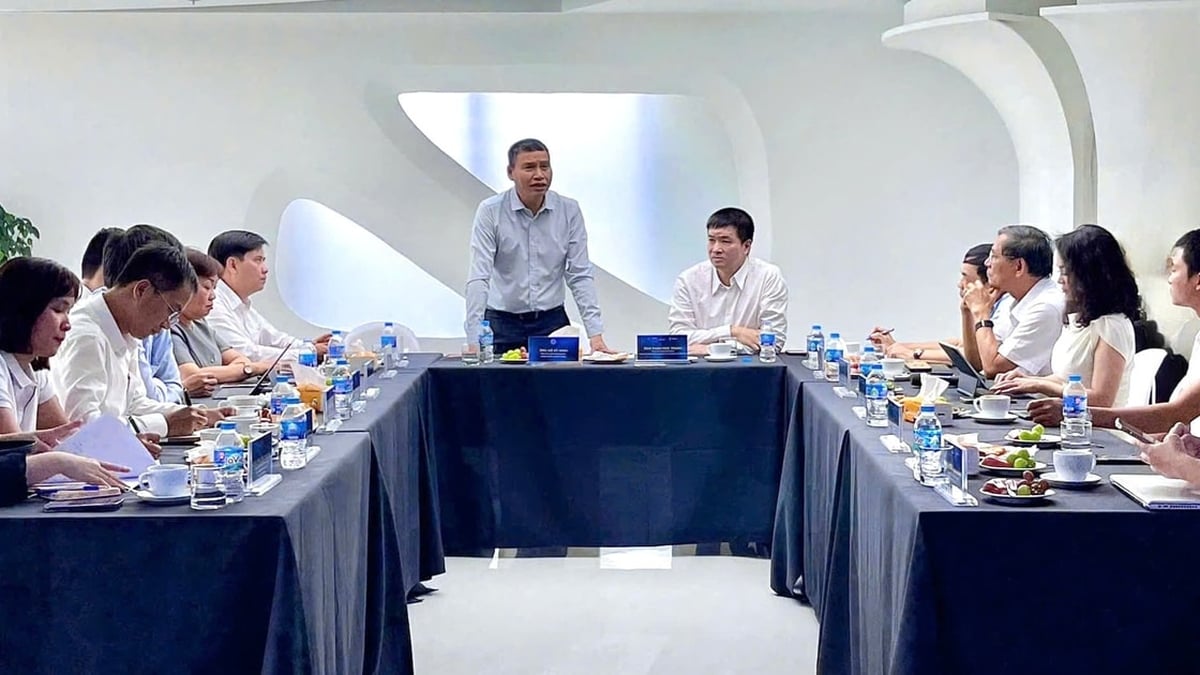
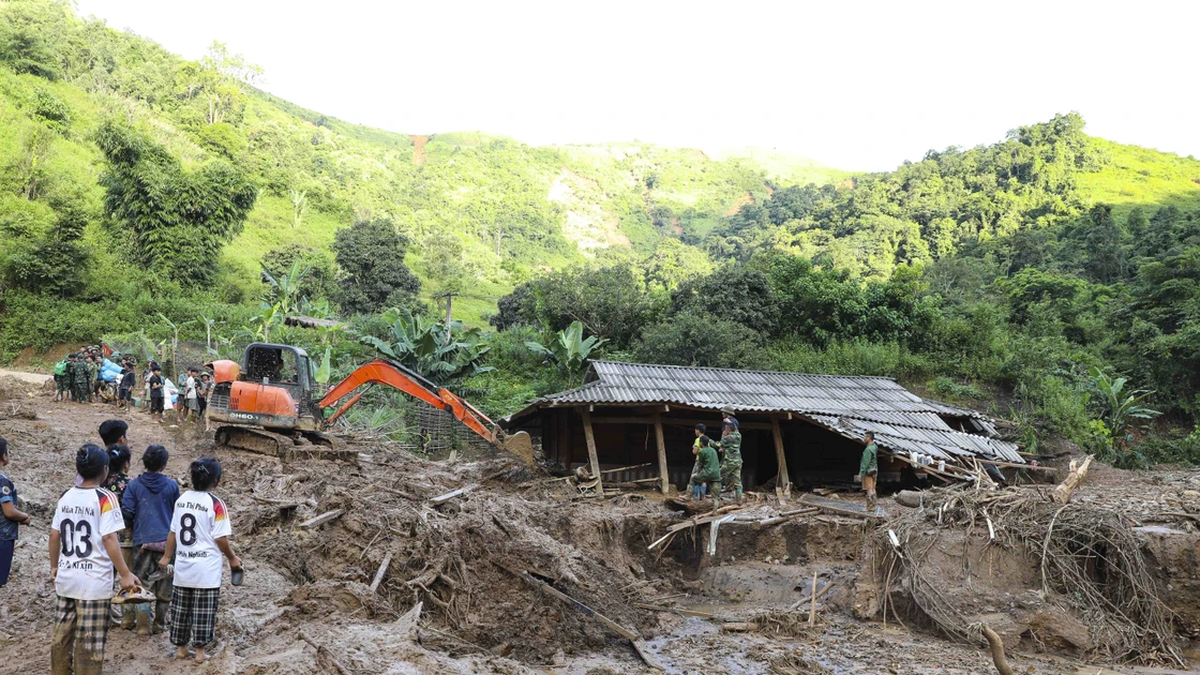
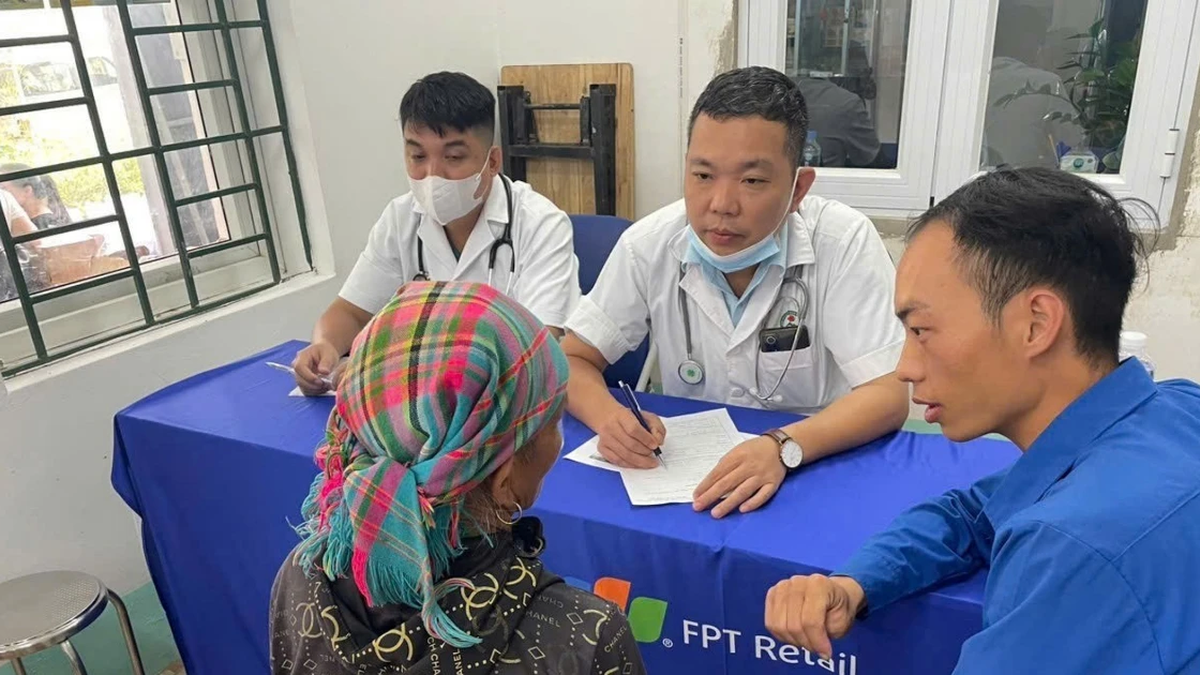
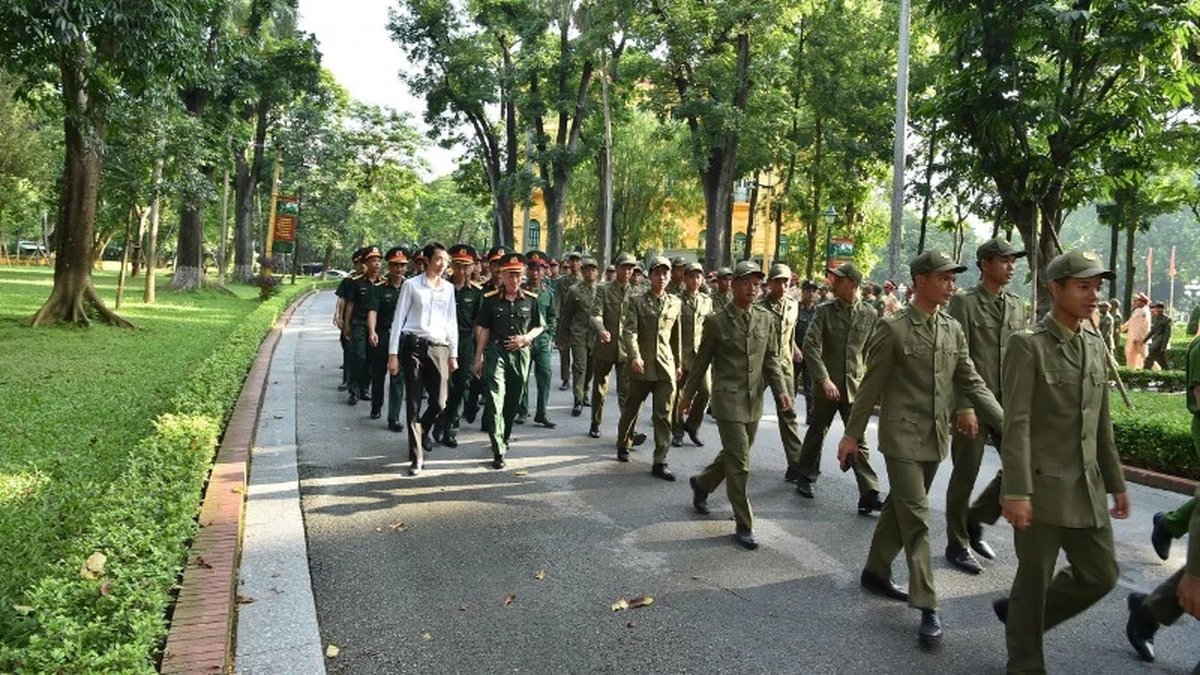




















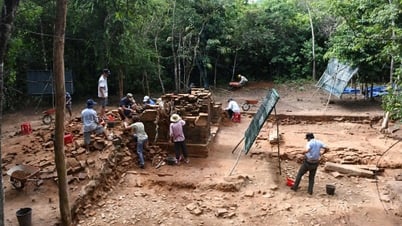



















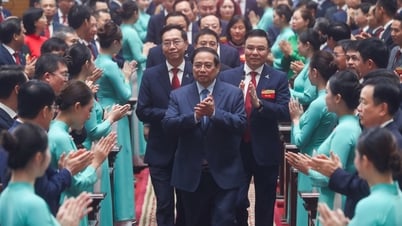










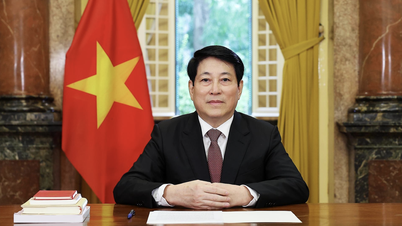



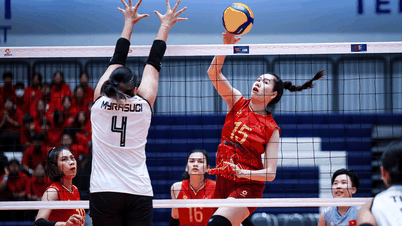
































Comment (0)